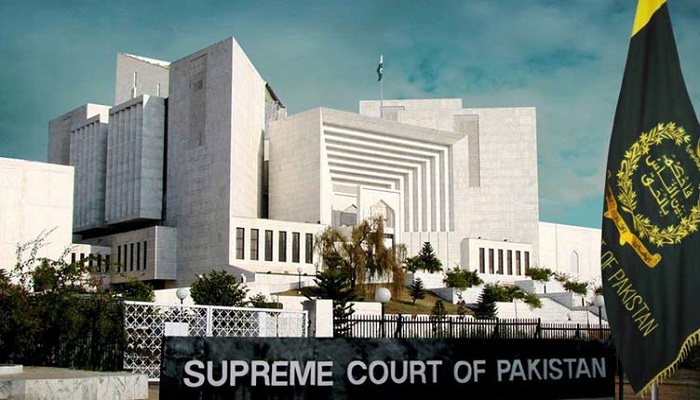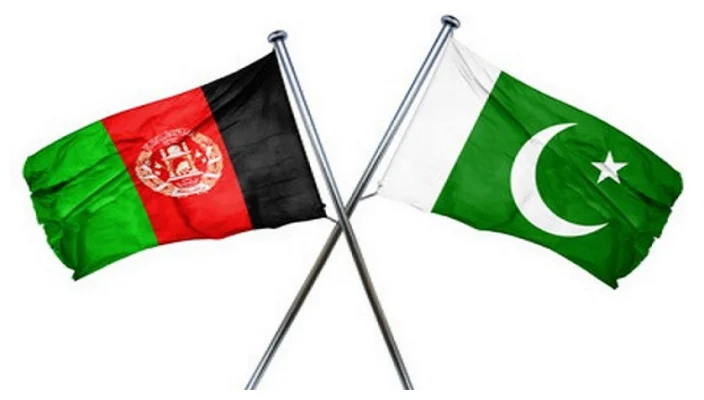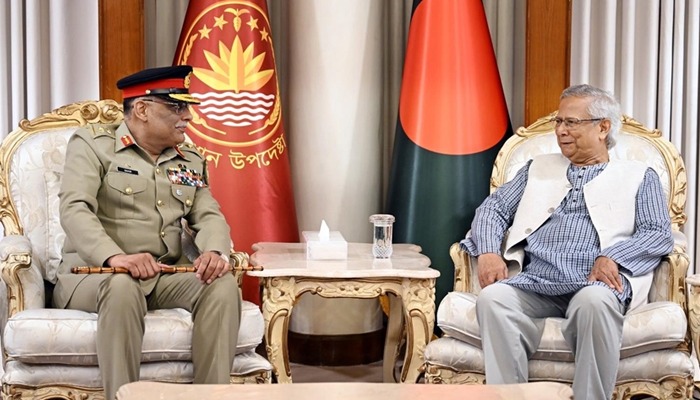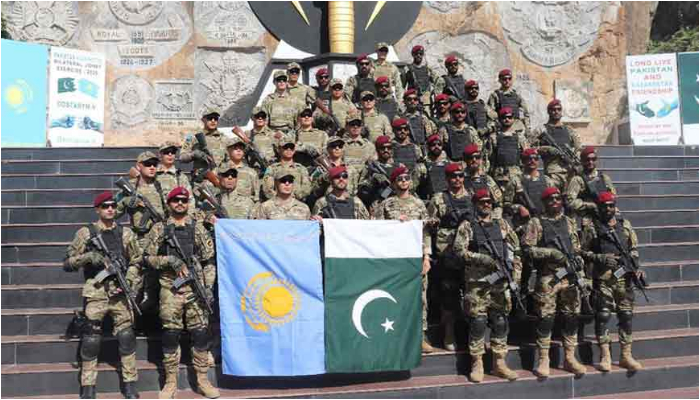ISLAMABAD: The Supreme Court (SC) on Monday suspended the Islamabad High Court’s (IHC) verdicts of May 29 and June 25 in the audio leaks case.
A two-member bench, led by Justice Aminuddin Khan and Justice Naeem Akhtar Afghan presided over the hearing.
The SC issued notices to Bushra Bibi, wife of former Prime Minister Imran Khan, and Najam-ul-Haq, son of ex-Chief Justice Saqib Nisar, while also granting the federal government’s appeals challenging the IHC’s decisions.
During the proceedings, Justice Aminuddin Khan questioned whether the IHC had verified the authenticity of the audio recordings and identified who was responsible for recording the calls. The Additional Attorney General responded that the investigation was ongoing.
Justice Naeem Akhtar Afghan commented that there is a reluctance in the country to uncover the truth, noting that the Supreme Court had previously halted the inquiry commission’s proceedings.
The court emphasized the need to verify the authenticity of the audio recordings and questioned whether the IHC had considered this aspect.
The Additional Attorney General informed the court that the IHC’s proceedings were not conclusive and that the high court had overstepped its jurisdiction under Article 199.
The SC was also informed that the IHC lacked the authority to conduct an investigation, and the matter is set to be heard again at a later date.
Previously, the federal government had appealed the IHC’s verdict in the Supreme Court regarding the alleged audio leak involving Bushra Bibi and the son of former Chief Justice Saqib Nisar.
The appeal included the former Chief Justice’s son, the Pakistan Telecommunication Authority (PTA), the Ministry of Defense, and others as parties.
The government argued that the IHC’s decision was based on inaccurate facts and the high court had provided relief that was not requested.
The plea also claimed that the IHC lacked the authority to take suo motu notice under Article 199, and therefore, its decision should be nullified.
The federal government also highlighted that when the alleged audio leak regarding ticket distribution emerged, the National Assembly Speaker formed a committee to investigate.
The former Chief Justice’s son had challenged the committee’s summons in the IHC.
The government contended that the IHC’s request for reports from institutions exceeded its authority and that the high court could not conduct fact-finding investigations.
The IHC had previously ruled that any form of surveillance on citizens was illegal and unconstitutional, instructing Prime Minister Shehbaz Sharif to identify who was responsible for mass surveillance.
IHC Justice Babar Sattar, in a written order, held the federal government accountable for the surveillance of four million citizens and stated that PM Shehbaz and his cabinet members were “collectively and individually” responsible.
The IHC directed the Prime Minister to submit a report within six weeks on the legal framework of the surveillance system, clarifying whether the surveillance was lawful and constitutional.
The IHC also ordered the Prime Minister to explain who was responsible for the installation and operation of the surveillance system, which impacts citizens’ privacy.
Additionally, the IHC issued a contempt of court notice to the PTA Chairman and its members, instructing them to respond within six weeks, noting that the PTA appeared to have misinterpreted the surveillance system in its report.



















